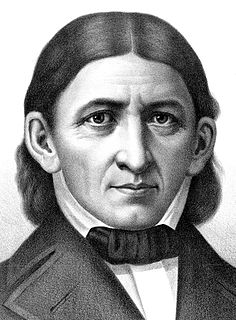A Quote by Pim Fortuyn
If Turkish or Moroccan boys misbehave here, it's up to us to re-educate them and, when necessary, to punish them.
Related Quotes
In Holland, Moroccans automatically also have the Moroccan nationality even if they're born in the Netherlands, because the Moroccan law says that if one of the parents is Moroccan the children wherever they are born in the world are Moroccan as well.The Moroccan youth in the Netherlands between the age of 14 and 23, two-thirds of them have been arrested by the police at least once in their life.
Let us protect our children; and let us not allow them to grow up into emptiness and nothingness, to the avoidance of good hard work, to introspection and analysis without deeds, or to mechanical actions without thought and consideration. Let us steer them away from the harmful chase after material things and the damaging passion for distractions... Let us educate them to stand with their feet rooted in God's earth, but with their heads reaching even into heaven, there to behold truth.
That is the injustice of a woman's lot. A woman has to bring up her children; and that means to restrain them, to deny them things they want, to set them tasks, to punish them when they do wrong, to do all the unpleasant things. And then the father, who has nothing to do but pet them and spoil them, comes in when all her work is done and steals their affection from her.
We have different expectations for different groups of people. We tend to modulate the degree with which we're forgiving or punitive depending on how well we know folks, or how much we consider them peers, or how much social capital we've invested in them. That has to do with race, class, gender, and socioeconomic status. We have a tendency to bend over backwards to forgive folks we think of as part of "the us." The question of who we define as "the us" is a lot of what constitutes how we punish who we punish.
Justice is a judgement that is both fair and forgiving. Justice is not done until everyone is satisfied, even those who offend us and must be punished by us. You can see, by what we have done with these two boys, that justice is not only the way we punish those who do wrong. It is also the way we try to save them.


































